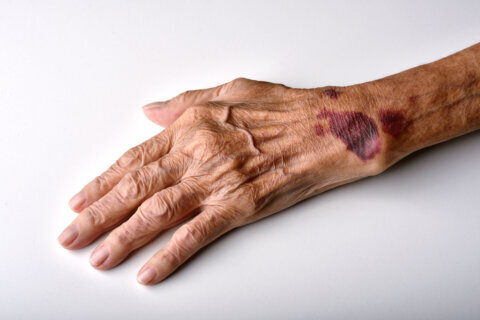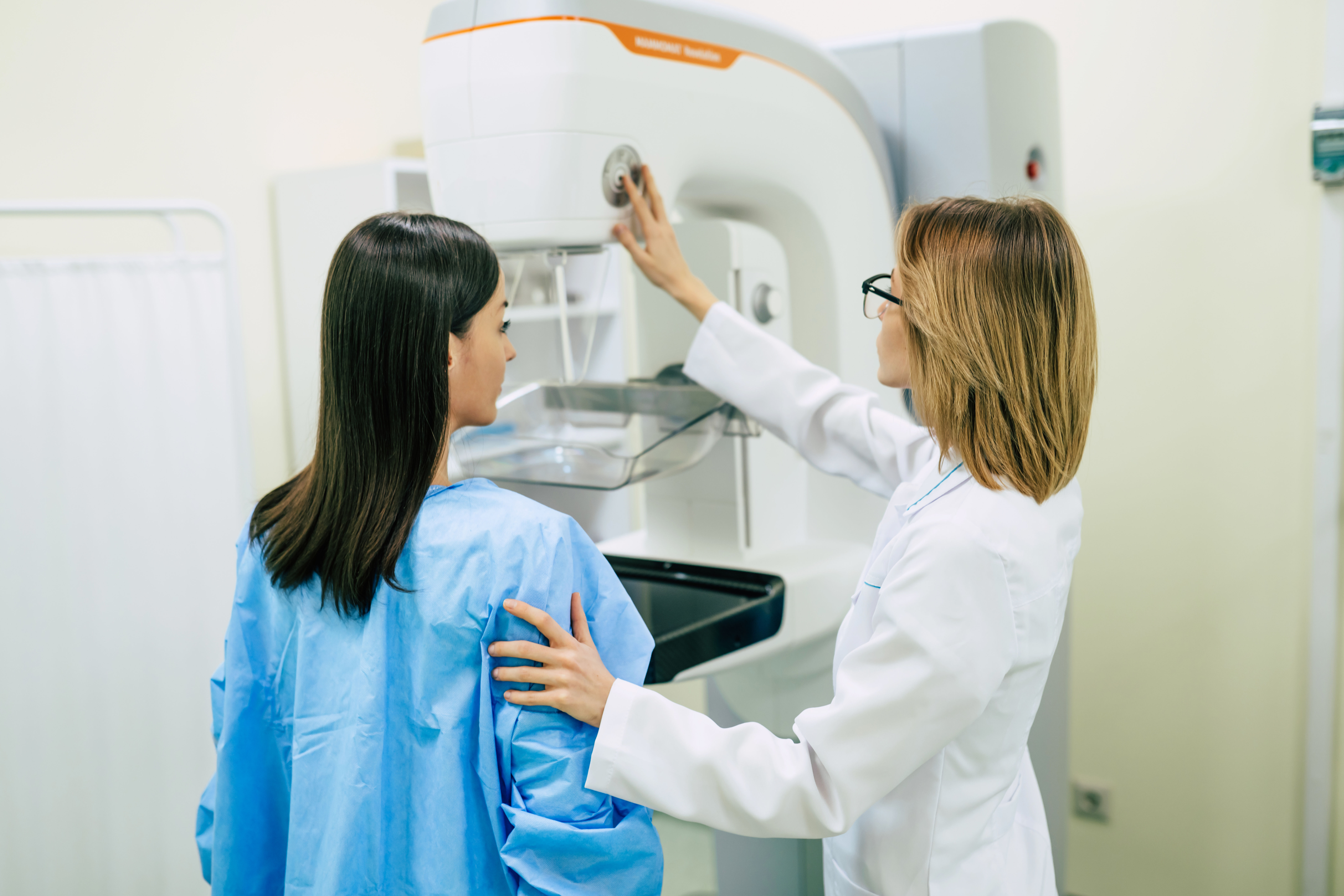This content is sponsored by MedStar Washington Hospital Center.
Getting a colonoscopy may sound like something only older people need to do. But recent research showed a growth in younger adults being diagnosed with colorectal cancer, which colonoscopies help identify. This troubling trend means young adults and their doctors need to understand the risks for colorectal cancer, so it can be detected and treated earlier.
The American Cancer Society reports a 51-percent increase in colorectal cancers since 1994 in patients under 50. This year, nearly 18,000 patients under the age of 50 will be diagnosed in the U.S., and as many as 3,600 may die. Compared with older adults born around 1950, those born closer to 1990 currently have twice the risk of colon cancer and four times the risk of rectal cancer.
The recent death of 43-year-old actor Chadwick Boseman is shining new light on the increasing prevalence of this disease in younger adults.
Younger people are dying from colorectal cancer, and the specific reason is unclear, said Dr. Sara Berkey, colon and rectal surgeon at MedStar Washington Hospital Center. But a likely risk factor is unhealthy lifestyle choices.
“I think if we look at the population now compared to 15 years ago, the population is more obese – that’s probably the driving factor. Patients’ diets are different than they were 15 years ago, including eating more processed and red meat and they may not be exercising as much,” Dr. Berkey said.
Additionally, doctors are just starting to understand the role played by the microbiome — the diverse population of microbes, mostly beneficial bacteria, that live in the digestive tract and work to break down food into nutrients the body can use, Dr. Berkey said.
“Infections or other issues can cause an imbalance in the biome and spur inflammation, a potential precursor to cancer,” Dr. Berkey added.
People in the Washington, D.C. area and around the country are asking doctors if this means they should get a colonoscopy before 45 years old – the age the Centers for Disease Control recommends people at average risk begin colorectal cancer screenings.
Neither doctors nor the Centers for Disease Control are changing their screening recommendations at this time. Doctors look for the signs and symptoms in younger patients and if there are concerning issues, a colonoscopy could be recommended.
Those symptoms include: chronic pain in the abdomen or belly that doesn’t go away; rectal bleeding; unexplained weight loss; and changes in bowel habits.
“Most people feel awkward talking about these topics, but don’t hesitate to reach out,” Dr. Berkey said. “Your doctor wants to be aware. The more we know, the better equipped we are to help you.”
Also, if a patient has a family history of colorectal cancer, especially if their family member was diagnosed at 50 or younger, doctors will be more likely to recommend a colonoscopy.
“Compared to a decade ago, we’re increasingly considering any potential for cancer in our younger adult patients and evaluating cases when colorectal cancer screening may be advisable,” Dr. Berkey said.
There are some steps young adult patients can take to lower their risk of colorectal cancer: avoid excess alcohol consumption, avoid processed and red meats as well as fatty and fried foods, quit smoking, eat a high fiber diet and exercise.
Dr. Berkey notes that while certain patients have risk factors they can’t change, virtually everyone can take steps to reduce their risk. And although the overall risk is small before age 40, preventative actions can make a big difference down the road.
The team approach at MedStar Washington Hospital Center makes it a great place for colon and rectal care.
“Here at MedStar Washington Hospital Center, we have a multidisciplinary team. That means we have experts in different fields, like surgeons, gastroenterologists, medical oncologists, pathologists, radiologists who all see a lot of colon cancer and rectal cancer,” Dr. Berkey said. “As a result, we see better outcomes for patients.”
Dr. Berkey reminds patients to talk with their families about colorectal health and encourages parents and siblings to get colonoscopies beginning at 45.
“Their screening results could be critical to your health as well; you may help to save their life — and your own,” she said.
Read more in a blog by Dr. Berkey on the MedStar Washington Hospital Center website.







